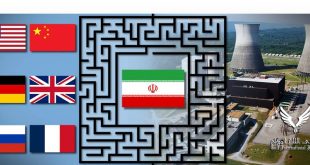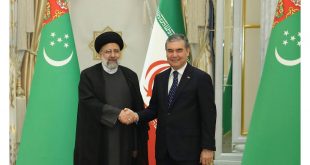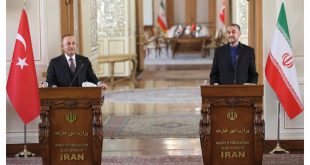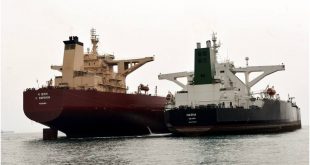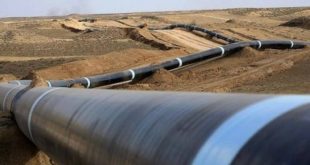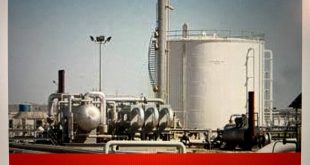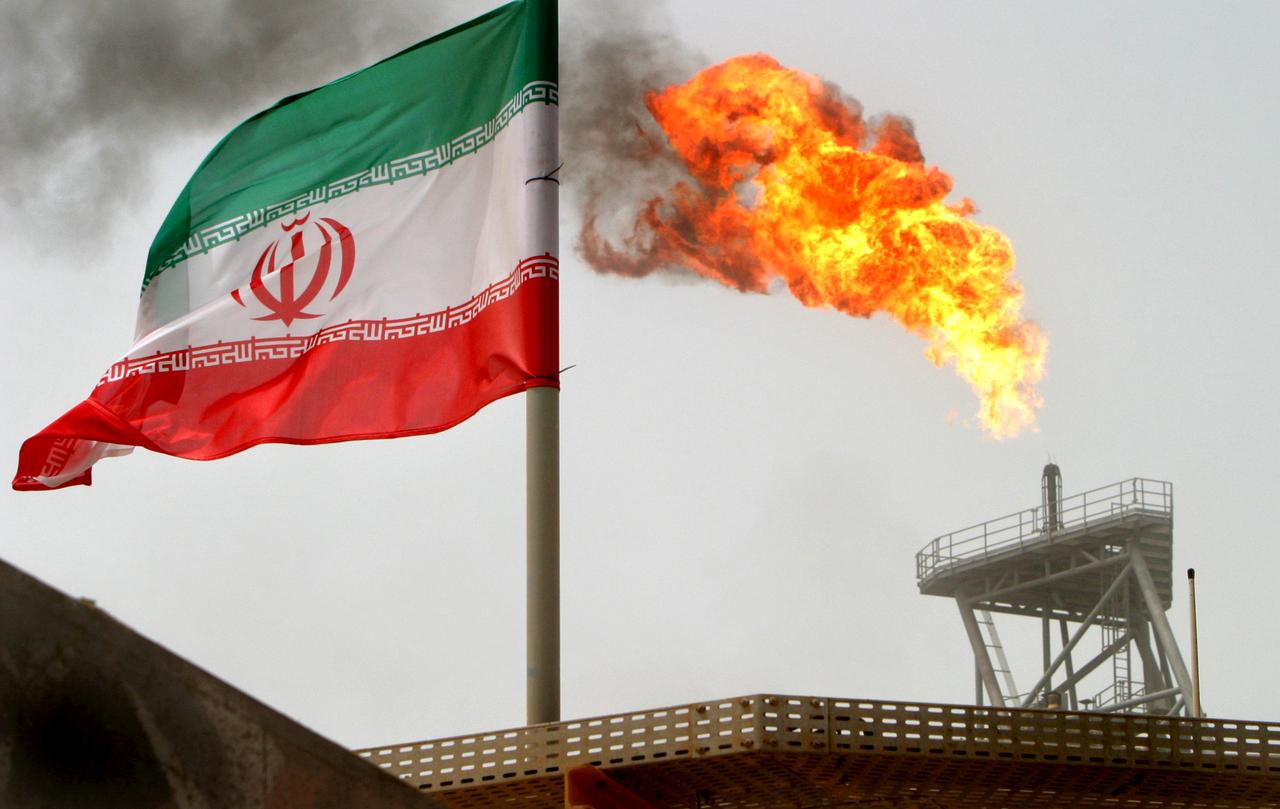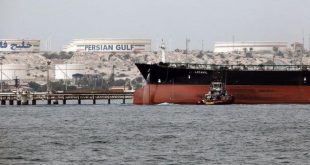After the withdrawal of the United States from the 2015 “Joint Comprehensive Plan of Action,” or JCPOA, nuclear deal with Iran, Tehran initially indicated that it would continue to follow its obligations in cooperation with the remaining members of the “P5+1” group that had negotiated the deal. Despite this early indication, Iran …
Read More »New natural gas transit agreement: Applying energy diplomacy in Iran’s foreign policy?
The recent agreement on the transit of Turkmen natural gas through Iran to Azerbaijan can be considered a successful form of energy diplomacy during the Raisi presidency. The recent agreement on the transit of Turkmen natural gas through Iran to Azerbaijan can be considered a successful form of energy diplomacy …
Read More »Resolving Iran’s Water Crisis is Needed for Stability
Iran has always struggled with droughts in the past, but the current water shortages have led to major economic hardship – and even waves of protest, testing the government’s ability to provide basic services and maintain order. Water scarcity is a growing problem across the Middle East. It has grown …
Read More »The Iranian-Turkish Cooperation Roadmap: A Solution to Resolving Bilateral Problems and Tensions?
In recent months, Turkey and Iran seized an opportunity to try to reduce their long-running multifaceted tensions. Despite geopolitical and security-related frictions, the bilateral relationship is rosier when it comes to business and people-to-people ties. Iran is among the highest sources of tourists to Turkey every year (Sabah, September 11). …
Read More »Chalous Gas Field Unlikely To Make Iran A Big Supplier
With a potential output worth $450 billion over its first 20 years, Iran’s Chalous gas field in the Caspian Sea, raises issues of both finance and where the gas might sell. The field, whose discovery Iran proclaimed in June and which has perhaps 3.5 trillion cubic meters (m3) of gas, reportedly is part …
Read More »Will the energy crisis accelerate nuclear talks between Iran and the P4+1?
Iran’s energy, and especially its natural gas, will not have much potential to solve the global energy crisis, especially in Europe, and the energy crisis can not be used as a weapon by Iran to gain more concessions in the nuclear talks. As the world prepares to revive its economy …
Read More »Turkey-Azerbaijan Link Fuels Iran’s Gas Dilemmas
Sitting on 17 percent of world gas reserves, Iran should have no trouble renewing a contract to supply gas to Turkey that expires in 2025. So why are there concerns in Tehran? As the Iranian Minister of Oil Javad Owji announced September, Iran faces a daily gas deficit of 200 million cubic …
Read More »Iran Can Resolve its Gas Disputes Through Active Energy Diplomacy
The failure to resolve the problems in the Crescent contract, and the dissatisfaction on the Emirati side, show that the importance of energy diplomacy is not yet understood by the officials of the Ministry of Oil and the Iranian government. Exporting natural gas to its neighboring countries has been a top priority …
Read More »The future of Iran’s oil exports to China depends on a change in foreign policy
Considering the lack of interdependence in Iran-China relations, if a nuclear agreement between Iran and the US is reached, China will continue its relations with Iran in line with its national interests in increasing cooperation in the fields of the economy and energy. Reducing Iran’s role in the energy market …
Read More »The Geopolitics Of Iran’s Fuel Shipment To Lebanon
Utilizing energy exports as a political tool in foreign policy and making fuel shipments to allies to help enhance their security have been of interest to Iran in recent years. Lebanon is a case in point as Iran and its proxy, the Hezbollah, have tried to use fuel as a …
Read More »
